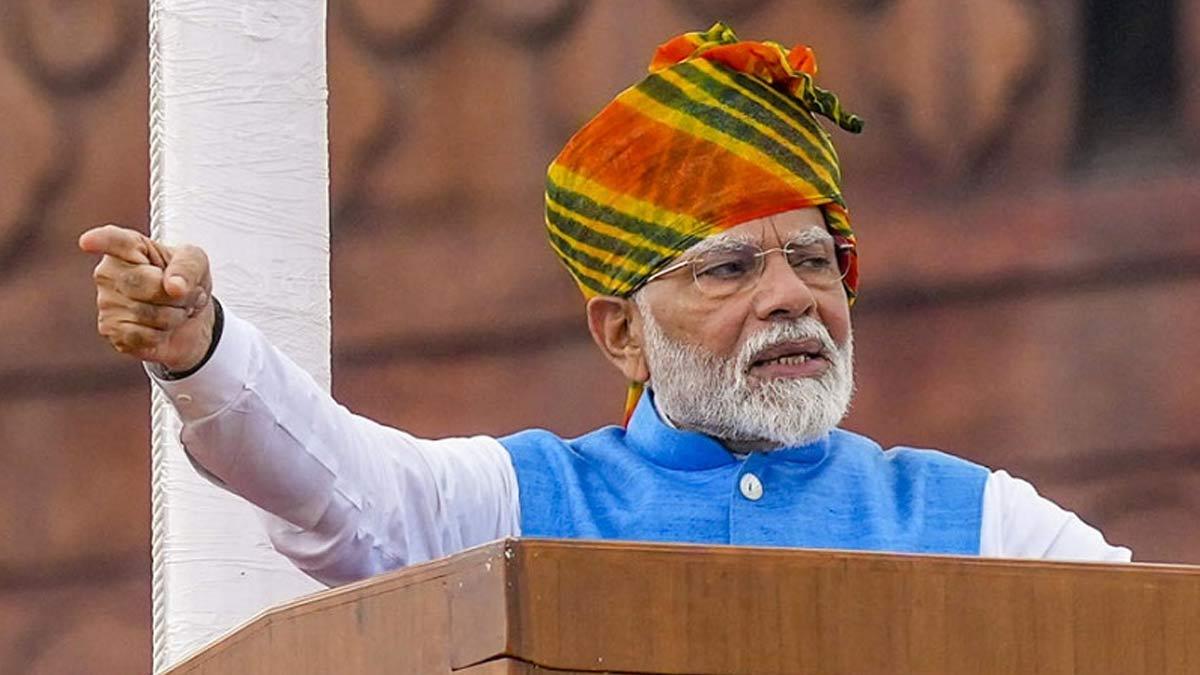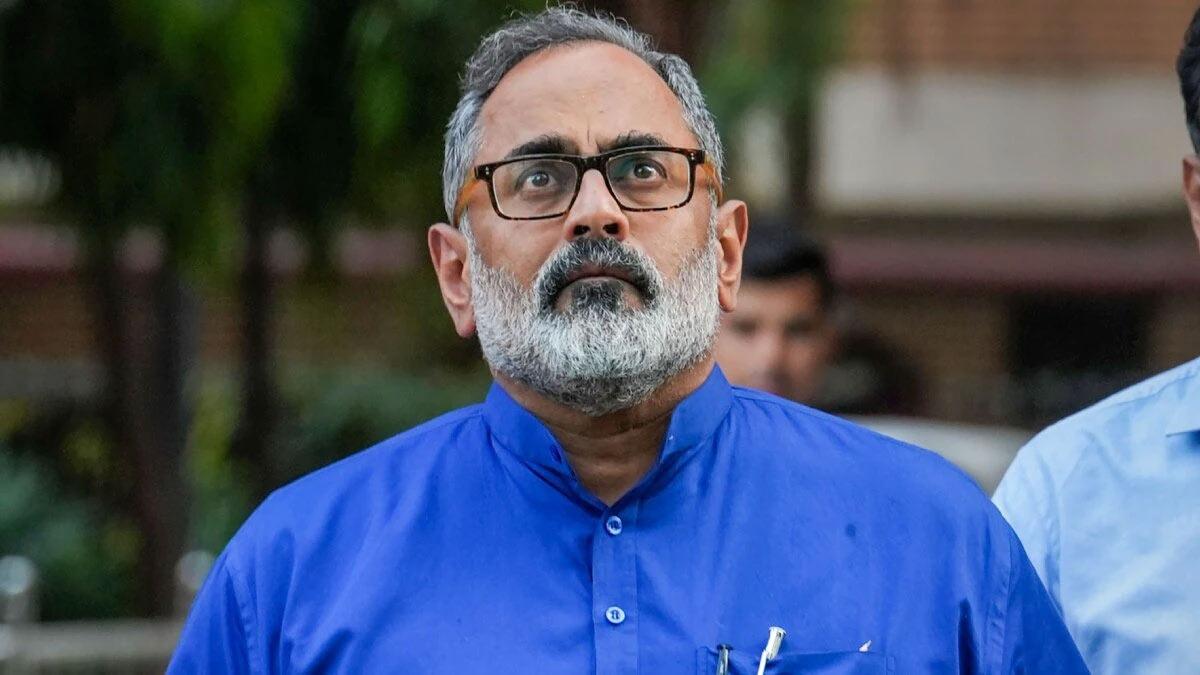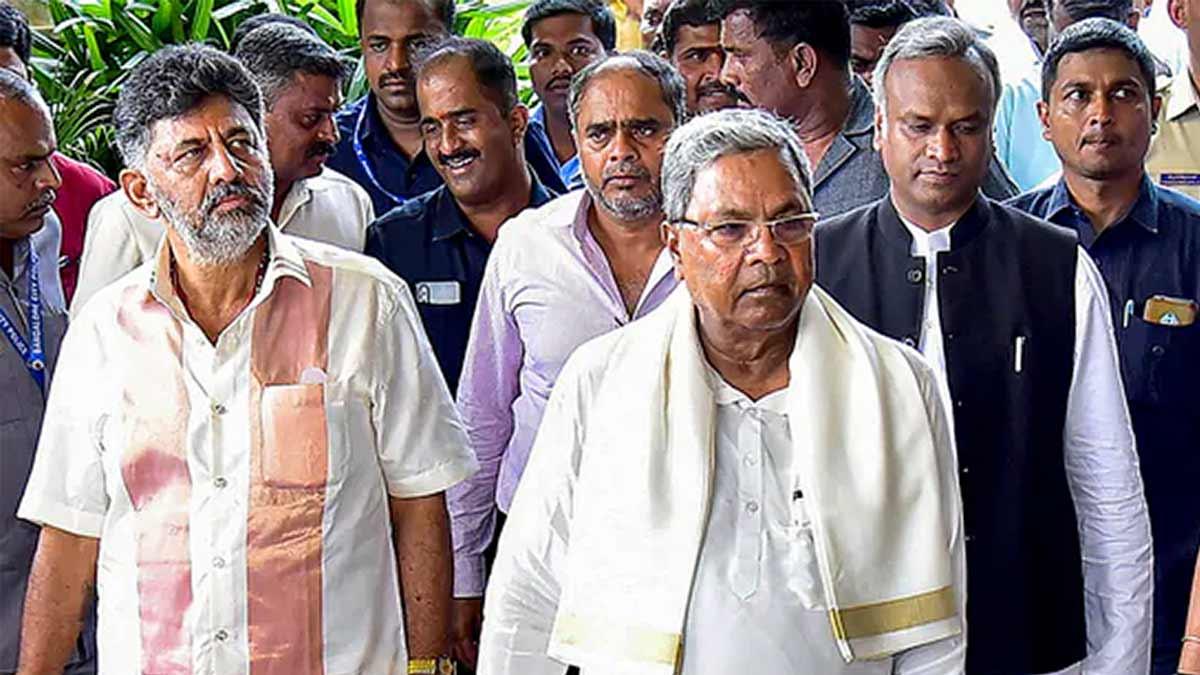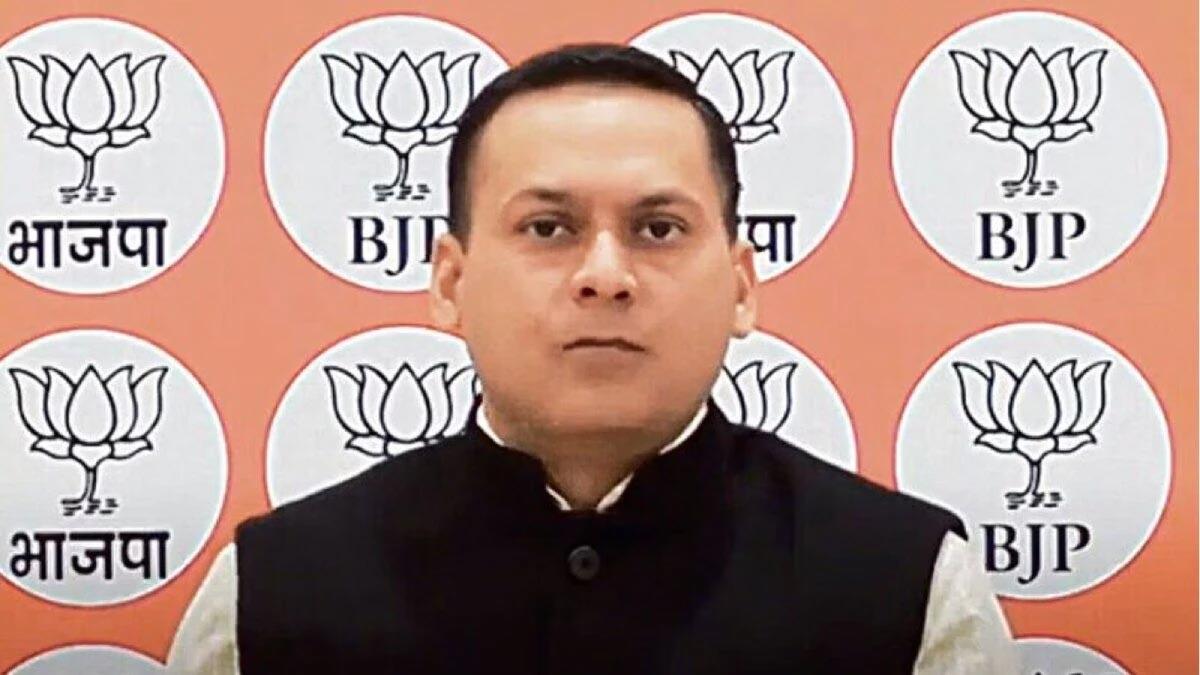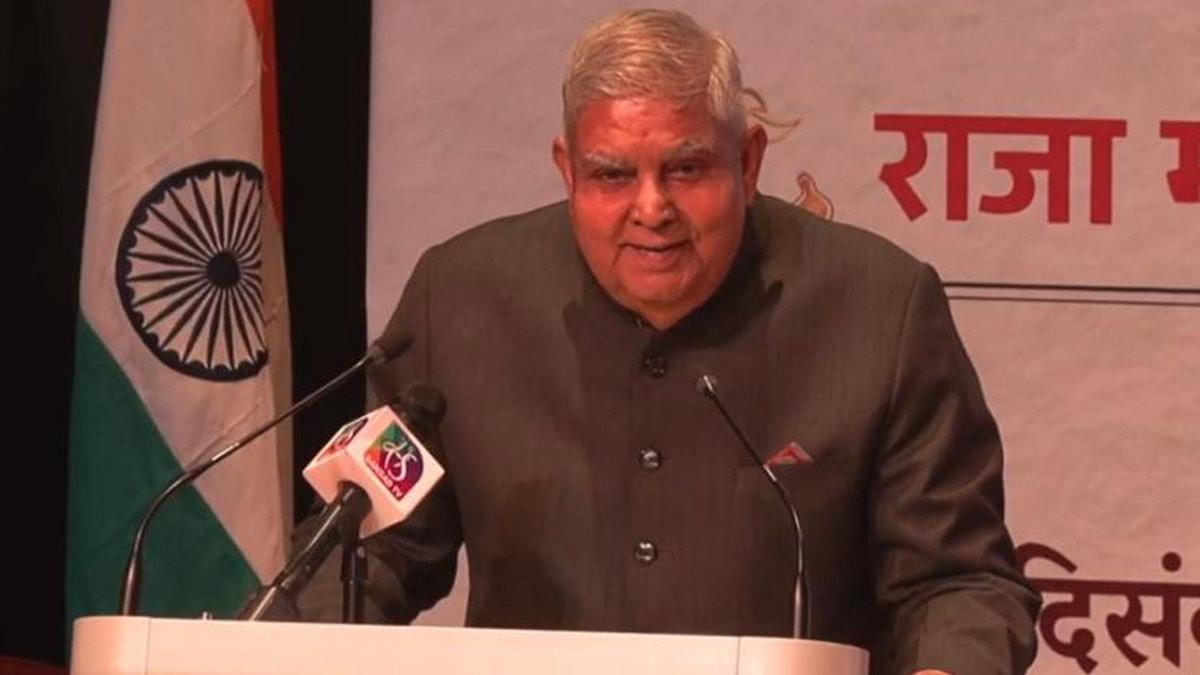He appealed for a uniform civil code in the country, pitching for a "secular civil code" to replace the present "communal" one, which, according to him, was needed by the nation.
The PM laid emphasis on 'one nation, one election' in his 11th consecutive address to the nation from the Red Fort, which marked his first speech of the third term on Independence Day.
He further said that too frequent elections hinder progress in the country because every policy decision gets modified as if it were the work program for the next impending election. He pointed this out in his Independence Day speech during India's 78th Independence Day.
He also referred to the turbulence in Bangladesh, saying that India was worried over the reports of persecution of Hindu minorities there and was hoping normalcy would soon return. "We are committed to peace," he asserted and added, "India has always wished for the happiness and prosperity of Bangladesh.".
In what turned out to be the longest Independence Day speech, 98 minutes, Modi declared that India stands at the threshold of a golden period, with the vision of 'Viksit Bharat' by 2047. The PM also reiterated his stand on ridding casteism and nepotism from Indian politics.
Modi has called for one lakh young people with no political family background to come into public life, in the hope that their fresh perspectives can invigorate democracy.
Choosing the significant occasion to express his most clear-cut support for a uniform civil code, Modi stated that this is something that rings in resonance with the spirit of the Constitution. Modi said the Supreme Court has repeatedly referred to the need for such a code and the time is ripe to fulfill the dream the framing founders of the Constitution had envisioned.
“A big section (of society) believes and there is truth in this that the current civil code is in a way a communal civil code. It is a civil code which promotes discrimination. It divides the country along religious lines and promotes inequality,” Modi said.
“A secular civil code in the country is the need of the hour,” he added.
Certainly, both ideas—a pan-India UCC and 'one nation, one election'—have appeared in BJP manifestos. The Centre has so far failed to take any legislative initiative for its national application, although some BJP-ruled states are going ahead with measures to bring in a uniform civil code. Last year, the Law Commission initiated consultations on the subject.
Modi said that if 140 crore people worked unitedly, with resolve, then a dream of a prosperous and developed nation could be realized.
He also showed how his government had taken on the status-quo-ism through some big-ticket reforms to ameliorate the lot of the middle class and the poor.
For Modi, commitment to reforms is a blueprint of growth; driven not by political motives but by adherence to the concept of putting the nation first. Citizens have to be wary of those who cannot digest the progress of India, he said, stating that some people are simply incapable of thinking about the welfare of this country. The nation has to stay away from these people who are steeped in despondency, he said.
Modi said this is India's "golden era", particularly in the global scenario, and people should not let it slip out of their hands. He reminded that the world is getting more and more enthusiastic about investing in India, and asked states to come up with transparent policies so that the investments happen.
The Prime Minister called upon more than three lakh governance units in the country to undertake at least two reforms for making the life of citizens easier from local bodies to districts and states.
He said that the life of every citizen should be led with dignity, and no one should feel that they have not got what they deserve.
Modi said that modernity and technology should be in every sector; according to him, his government has been working towards it, and the policies by the government have made various fields strong. He, however, feels concerned about the continuous atrocities against women while praising their leadership role taken up in every sector.
“I can sense people’s anger,” he said, adding that speedy justice in such cases is necessary. He said incidents of heinous crimes against women get a lot of publicity but the punishment given to the guilty does not draw the same coverage, which calls for a change.
More than 10 crore women from simple backgrounds have been associated with self-help groups; their self-reliance is the biggest catalyst for social change, he said.
The success of corporate leaders of Indian origin, on the world stage, has fetched goodwill for the country, he said, adding that it should also be a matter of pride that more than one crore women have turned "lakhpati didis." "This is as much a matter of pride for me," he said. He said that his government had renovated the country's infrastructure relating to roads, railways, ports, schools, and hospitals. Welfare schemes, he said, have now covered saturation levels so that no one is left out, and thus the influence of "casteism and communalism" has been put to an end.
With this, the first Independence Day address in his third term, Modi surpassed Manmohan Singh, who hoisted the tricolor 10 times from the Red Fort between 2004 and 2014. Modi now stands behind only Jawaharlal Nehru and Indira Gandhi, who delivered 17 and 16 speeches, respectively.
Modi said that when a country moves with 'Ek Sankalp, Ek Lakshya, Ek Neeti'—one resolve, one goal and one policy—any obstacle coming in the way of a united people is surmountable despite some challenging situations and resource constraints.
While enumerating Modi's dream for a 'Viksit Bharat' by 2047, he said that the people of every nook and cranny of this country have pitched their inputs regarding the agenda.
Read also | India Poised to Become the World's Third-Largest Economy with Major Reforms: PM Modi

